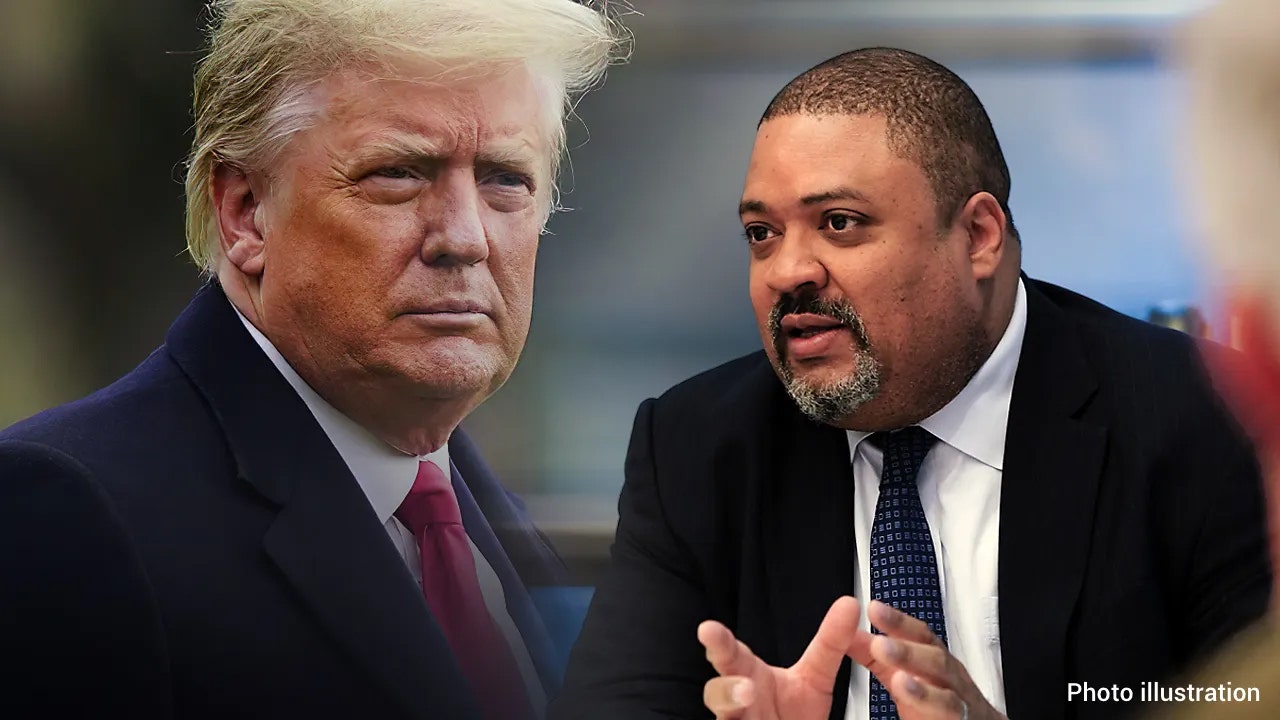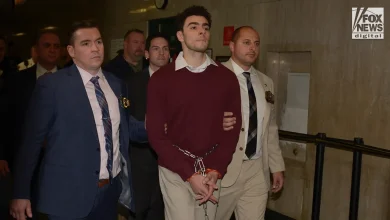From Chesa Boudin and Larry Krasner to George Gascón and Kim Foxx, proponents of the so-called “progressive” prosecutor project often defend broad non-prosecution policies and administrative restrictions on prosecutorial tools like sentencing enhancements and pretrial detention as reasonable exercises of discretion in a world of limited resources.
Manhattan District Attorney Alvin Bragg is a prime example, having leaned on this very rationale in self-defense after his infamous “Day One Memo” was met with nearly unanimous public disapproval. The argument goes something like this: Intelligent exercises of discretion that filter out low-risk and/or nonviolent offenders will allow prosecutors to focus on the real bad guys.
Leaving aside the question of whether rigid, blanket policies of non-prosecution for long lists of offenses constitute mere exercises of “discretion” (as opposed to, say, the unilateral abrogation of duly enacted legislation), there’s still the question of whether “discretion” is being used wisely. In Alvin Bragg’s case, the idea that his broad non-prosecution policies are meant to facilitate the redirection of resources to more serious kinds of crime strains credulity in light of how much time and money his office has poured into the criminal prosecution of now-president-elect Donald J. Trump.
TRUMP LAWYERS DEMAND BRAGG CASE BE ‘IMMEDIATELY DISMISSED,’ SAY ELECTION ‘SUPERSEDES’ POLITICAL ‘MOTIVATIONS’
Earlier this year, Fox News reported on documents obtained by the Heritage Foundation through a Freedom of Information Act (FOIA) request which showed that the Manhattan D.A.’s office allocated $1,000,000 from an office fund in order to hire outside counsel to handle congressional oversight inquiries regarding the case. While there isn’t a publicly reported dollar amount ballparking what the office has spent on that prosecution, a legal analyst estimated that security costs alone would top $50,000 a day during the trial. Then there’s the time and resources spent by the office on the investigation, and the litigation itself.
Couldn’t those dollars have been spent on, say, minimizing the number of cases dismissed under Bragg’s tenure (no doubt due in part to the strains placed on his office by New York State’s misguided discovery reform law enacted in 2020)? Couldn’t that money have gone to, I don’t know, going after repeat retail thieves, drug dealers, and domestic abusers?
ALVIN BRAGG CALLED OUT BY EX-NYPD COMMISSIONER FOR ‘RADICAL’ POLICIES AFTER CAREER CRIMINAL’S STABBING SPREE
Those kinds of questions are especially poignant when one wonders how, exactly, convicting a former president of felonies relating to how a financial transaction was documented serves public safety. After all, Donald Trump had no criminal history to speak of, so one couldn’t credibly argue that he needed to be incapacitated via incarceration.
Trump is also a wealthy man (despite New York Attorney General Leticia James’ best efforts), which should matter to Bragg, who has implied a belief that at least some criminal conduct is driven by poverty.
The soon-to-be 47th president of the United States is also not a young man, which is important, because—and just ask your nearest criminal justice “reformer”—recidivism risk declines with age. Perhaps Mr. Bragg just wanted to create an opportunity to rehabilitate Trump. No. The most plausible explanation for Bragg’s crusade is a political one: Getting this particular scalp is the kind of win that Democratic partisans could only dream of.
But The Guy Who Got Trump apparently wasn’t counting on a successful re-election bid, which will preclude the enforcement of any sentence until after the president-elect’s next term in office concludes—further undercutting whatever payoff there might have been for securing a conviction.
CLICK HERE FOR MORE FOX NEWS OPINION
Bragg’s foray into lawfare may have also come at a cost that won’t show up in a budget spreadsheet; and New Yorkers may have gotten a taste of it this week when a madman went on a deadly stabbing spree in the heart of Bragg’s Manhattan, killing three people. The man charged with those homicides was arrested eight times in New York City.
How were those cases handled? What are New Yorkers supposed to think when the perpetrators of heinous crimes turn out to have extensive and recent criminal histories? Could Bragg’s office have done more to shield Manhattanites from the violent impulses of a clearly unstable criminal with a history of reoffending had it not spent so much time, money, and energy on securing a high-profile conviction that does nothing for public safety, but does boost the political career prospects of one Alvin Bragg?
As my Manhattan Institute colleague, Hannah Meyers, recently wrote, “only 45% of Manhattan assault cases were dismissed” ten years ago, yet in 2023, that number jumped to 66%. Add to that falling conviction rates, crime rates that are much higher than they were pre-pandemic (particularly when one adjusts for changes in routine activities), and the fact that deodorants are kept under lock and key, and the picture becomes clearer; but it’s a picture that’s not as pretty as it was just a handful of years ago. The question is what New Yorkers plan to do about it.
With some important elections set to take place next year, will New York join the other blue states and cities that have pushed back on the excesses of “progressive” criminal justice reform? One thing is for (almost) certain: Come January 2025, when Mr. Bragg will no-doubt be making preparations for his reelection bid, the man he declared Public Enemy No. 1 will be sworn in as the nation’s 47th president. The question voters should be asking him is, “Was it really worth it?”
CLICK HERE TO READ MORE FROM RAFAEL A. MANGUAL
Read the full article here





